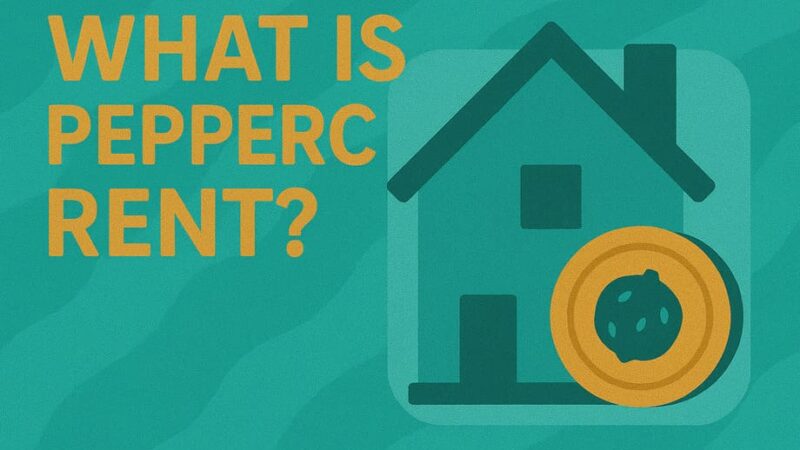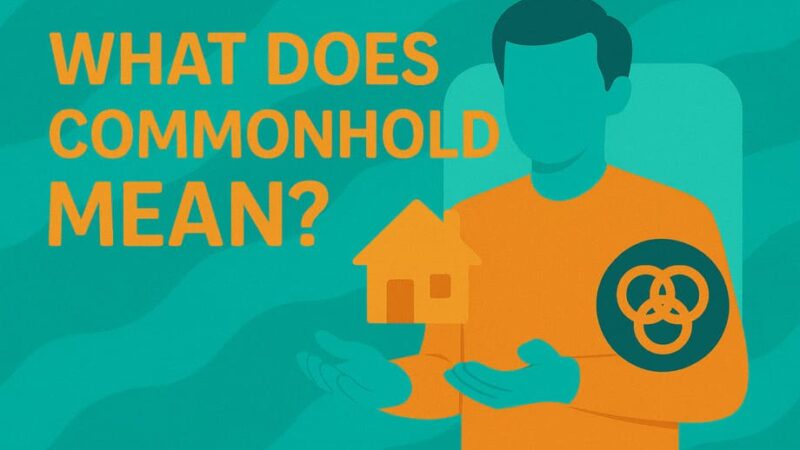What Does “Cash Buyers Only” Mean?

When browsing property listings across the UK, you’ll often encounter the phrase “cash buyers only” attached to certain properties. This seemingly simple term carries significant implications for both buyers and sellers, yet many people remain unclear about what it truly means and why it matters. Understanding this concept is crucial whether you’re looking to purchase property or considering selling your home.
What Does “Cash Buyers Only” Actually Mean?
The term “cash buyers only” indicates that a property seller will exclusively accept offers from buyers who have the complete purchase amount immediately available in liquid funds. This doesn’t mean carrying around suitcases of physical cash rather, it means having the full property value readily accessible in bank accounts without relying on external financing.
When a property is marked as “cash buyers only,” it means the seller requires immediate access to funds with no waiting for mortgage approvals, inheritance, employment bonuses, or proceeds from other property sales. The buyer must provide proof of funds, typically in the form of recent bank statements showing the entire purchase amount is available.
Why Do Sellers Request Cash Buyers Only?
Speed and Certainty
The primary motivation for requesting cash buyers is speed. Sellers often specify “cash buyers only” because they require an especially quick sale, with all money available immediately. This eliminates the typical delays associated with mortgage applications, valuations, and approval processes that can take weeks or months.
Avoiding Chain Complications
Cash buyers eliminate the risk of property chains collapsing. Since they don’t need to sell their existing property to fund the purchase, there’s no dependency on multiple interconnected transactions that could potentially fall through.
Previous Disappointments
Some sellers have experienced buyers withdrawing at the last minute due to mortgage rejections or other financing issues. By targeting cash buyers, they reduce the risk of sale failures and the emotional and financial stress that comes with them.
Common Reasons Properties Are Listed as Cash Buyers Only
Structural and Physical Issues
Properties with significant structural problems often struggle to secure mortgage approval. Structural defects including subsidence, bowed walls, heavy roof damage, or serious damp issues make properties difficult to mortgage. These properties typically attract investors or developers willing to undertake major renovation projects.
Property Age and Construction Materials
Older properties that have been poorly maintained or abandoned are more likely to be suited to cash purchases. Additionally, properties built with materials that age poorly or deteriorate – such as certain 1940s constructions – are frequently rejected by mortgage lenders.
Lease Issues
Leasehold properties with less than 80 years remaining become very difficult to sell on the open market, as lease extension costs dramatically increase and mortgage lenders become reluctant to finance them. Only a handful of mortgage lenders would finance these types of properties.
Size Constraints
Properties considered smaller than usual may be too small to get mortgaged. This particularly affects city centre flats where space is at a premium.
Location Factors
Properties in undesirable or hazardous areas can be problematic for mortgages. Environmental risks such as flood zones, former industrial sites, or areas with geological instability may deter mortgage lenders.
Specialist Property Types
Mixed-use properties combining commercial and residential elements often require specialist financing that’s more readily available to cash buyers who can later seek boutique lenders for refinancing.
The Cash Buying Process
Proof of Funds
When you make an offer as a cash buyer, you’ll need to show the estate agent proof of funds to prove you have the money to complete the purchase. This typically involves providing recent bank statements verified by your conveyancer.
Anti-Money Laundering Checks
Estate agents have a legal responsibility to check your funds are not proceeds of crime under anti-money laundering laws, as buying property in the UK is a common method used by criminal gangs to launder proceeds of criminal activity. Your solicitor will perform thorough checks to ensure funds come from legitimate sources.
Acceptable Fund Sources
Cash gifts are acceptable forms of funds, provided they can be proven to come directly from the buyer’s account and meet anti-money laundering requirements.
Advantages of Being a Cash Buyer
Negotiating Power
Cash buyers typically hold stronger negotiating positions. Since they’re committing significant capital quickly, they can often negotiate lower purchase prices. Most cash buyers will want to factor in remediation costs and account for the time and effort required to bring properties back to habitable states.
Speed of Transaction
Without mortgage approval delays, cash transactions can complete much faster than traditional sales. This appeals to sellers who need quick completion dates.
Simplified Process
Cash purchases avoid many complications associated with mortgage applications, valuations, and lender requirements. There’s no risk of mortgage rejection derailing the purchase.
Future Financial Benefits
Cash buyers avoid mortgage arrangement fees, interest payments, and monthly mortgage obligations. This can result in significant long-term savings.
Disadvantages and Risks
Limited Market Pool
Very few people are in the position to offer cash upfront for a property, meaning sellers narrow their pool of potential buyers. This can result in properties sitting on the market longer.
Liquidity Requirements
Cash buying requires substantial immediately available funds, which ties up significant capital that could otherwise be invested or used for other purposes.
Due Diligence Pressure
The speed of cash transactions can create pressure to make quick decisions. Buyers need to ensure all checks are completed and they’re confident in the purchase, requiring a conveyancer and potentially a surveyor.
Hidden Issues
Properties listed as “cash buyers only” may have more serious underlying issues, as other buyers have often unsuccessfully attempted to seek finance. Extra caution and thorough surveys are essential.
Market Statistics and Trends
In 2019, around 28% of UK property sales were to cash buyers, indicating this is a more common practice than many people realize. This percentage has likely fluctuated with economic conditions and interest rate changes.
Finding Cash-Only Properties
Properties requiring cash buyers are commonly found on major portals like Rightmove and Zoopla, where listings will explicitly state this requirement. Property auctions are also excellent venues for cash buyers, as they often feature properties unsuitable for mortgage financing.
Is “Cash Buyers Only” a Red Flag?
Not necessarily. While it’s important to understand why a property is being sold to cash buyers only, it doesn’t automatically indicate serious problems. The term isn’t always a red flag, particularly if the property needs renovation. However, buyers should conduct thorough due diligence and professional surveys to understand any underlying issues.
Pricing Considerations
Asking prices should be lower when requesting cash buyers, as they’re likely selling at a reduced price to encourage quick sales. Cash buyers typically offer between 75-80% of market value, factoring in renovation costs and risks.
Legal and Regulatory Compliance
All cash transactions must comply with UK anti-money laundering regulations. Buyers’ solicitors will verify fund sources and ensure compliance with all legal requirements. The process includes detailed checks on fund origins and may involve additional documentation for international sources.
Conclusion
“Cash buyers only” represents a specific segment of the UK property market driven by the need for speed, certainty, and the ability to purchase properties that may not qualify for traditional mortgage financing. While this approach offers advantages in terms of negotiating power and transaction speed, it requires significant capital commitment and careful due diligence.
Whether you’re a potential cash buyer or seller considering this route, understanding the implications, risks, and benefits is crucial for making informed decisions. The key is thorough research, professional advice, and realistic expectations about pricing and property conditions.
For buyers, cash purchases can offer excellent opportunities to acquire properties at competitive prices, particularly those requiring renovation or in unique circumstances. For sellers, accepting cash offers can provide the speed and certainty needed in challenging situations, though potentially at the cost of achieving maximum market value.
The cash-only property market will likely continue to play an important role in the UK housing landscape, serving buyers and sellers who prioritize speed, certainty, and flexibility over traditional financing routes.
Last Updated on July 29, 2025 by James Cartwright







